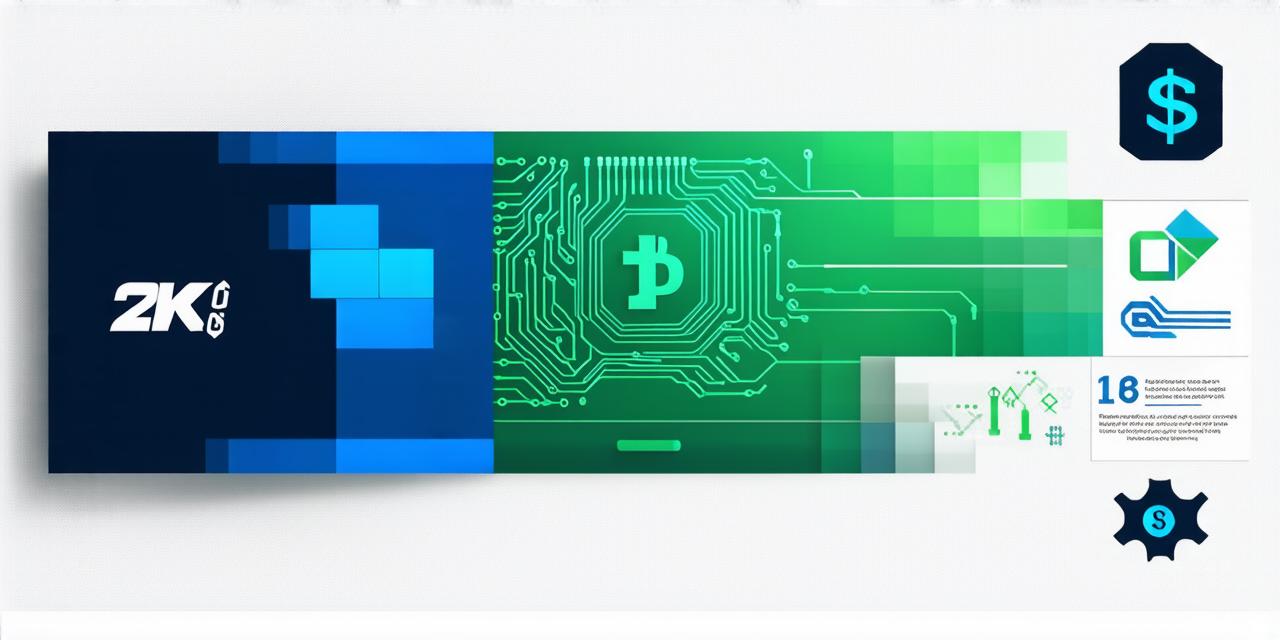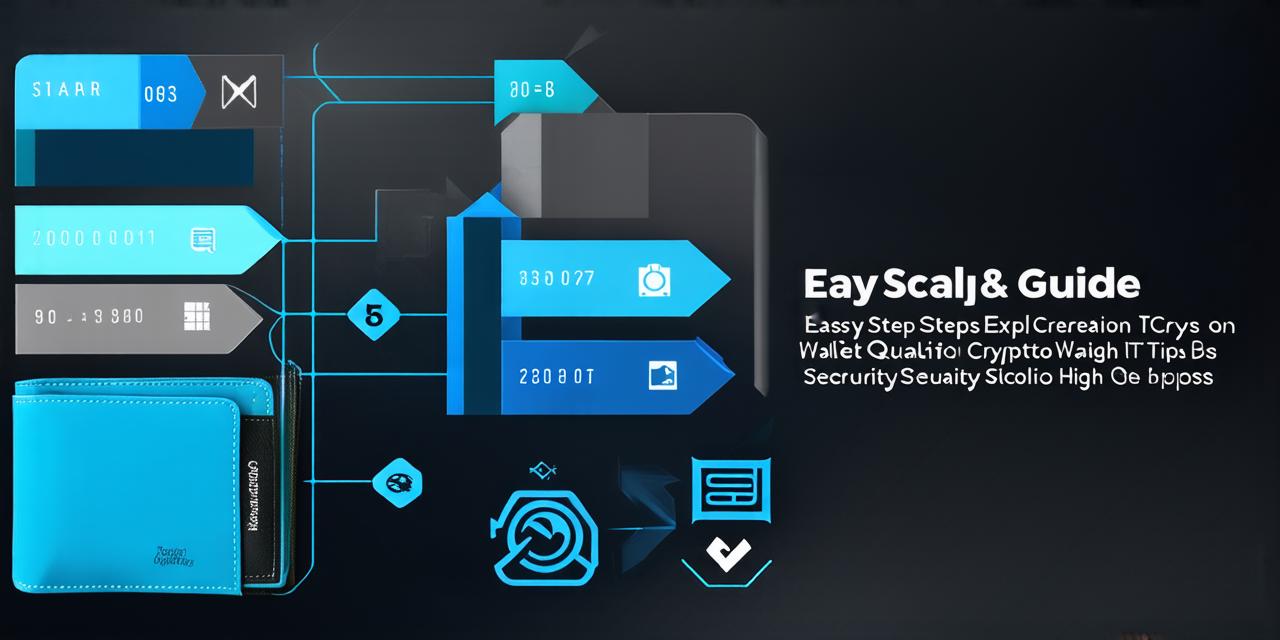Blockchain technology has been gaining popularity for years, and with good reason. Its decentralized, secure, and transparent nature makes it an ideal solution for a wide range of industries, from finance to supply chain management.
Blockchain in Finance
The financial industry is one of the earliest adopters of blockchain technology, and with good reason. Blockchain offers a secure and transparent way to store and transfer assets, making it an ideal solution for banking, payment systems, and other financial applications.
Here are some examples of how blockchain can add value in finance:
- Reducing Fraud and Corruption: One of the primary benefits of blockchain is its ability to provide immutable and transparent record keeping. This makes it difficult for fraudulent activities to go unnoticed, and reduces the risk of corruption in financial transactions.
- Faster and More Efficient Transactions: Blockchain technology enables faster and more efficient transactions by eliminating intermediaries and reducing transaction costs. By cutting out middlemen, blockchain can significantly reduce the time it takes to complete a transaction, from days or weeks to seconds or minutes.
- Improved Access to Financial Services: Blockchain technology can help provide access to financial services for those who previously had limited or no access. For example, Bitcoin’s decentralized nature enables anyone with an internet connection to participate in the network and transact with others, regardless of their location or financial status.
Blockchain in Supply Chain Management
The supply chain industry is another area where blockchain technology can provide significant benefits. Blockchain’s decentralized and transparent nature makes it an ideal solution for tracking products from production to delivery, ensuring that everyone involved has access to the same information.
Here are some examples of how blockchain can add value in supply chain management:
- Increased Transparency and Traceability: By using blockchain technology to track products from production to delivery, organizations can increase transparency and traceability throughout the supply chain. This can help prevent fraud, improve product quality, and ensure that everyone involved has access to the same information.
- Reduced Costs: Blockchain technology can help reduce costs in supply chain management by eliminating intermediaries and reducing transaction costs. By cutting out middlemen, blockchain can significantly reduce the time it takes to complete a transaction, from days or weeks to seconds or minutes.
- Improved Product Quality: Blockchain technology can help improve product quality by ensuring that everyone involved in the supply chain has access to the same information. For example, a manufacturer can use blockchain to track the origin of raw materials, ensuring that they meet specific quality standards.
Blockchain in Healthcare
The healthcare industry is another area where blockchain technology can provide significant benefits. Blockchain’s decentralized and secure nature makes it an ideal solution for storing and sharing sensitive patient data, while its transparent nature enables better communication and coordination between healthcare providers.
Here are some examples of how blockchain can add value in healthcare:
- Improved Patient Outcomes: By using blockchain technology to store and share patient data securely and transparently, healthcare providers can improve patient outcomes by providing more accurate diagnoses and better treatment plans. For example, a patient’s medical history can be stored on the blockchain, allowing healthcare providers to access this information quickly and easily, even in emergency situations.
- Reduced Administrative Costs: Blockchain technology can help reduce administrative costs in healthcare by eliminating intermediaries and reducing transaction costs. By cutting out middlemen, blockchain can significantly reduce the time it takes to complete a transaction, from days or weeks to seconds or minutes.
- Better Coordination between Healthcare Providers: Blockchain technology can help improve coordination between healthcare providers by enabling better communication and sharing of information. For example, a patient’s medical history can be stored on the blockchain, allowing healthcare providers to access this information quickly and easily, even in emergency situations. This can help prevent duplicate tests and procedures, reducing costs and improving patient outcomes.
Blockchain in Voting Systems
The voting industry is another area where blockchain technology can provide significant benefits. Blockchain’s decentralized and transparent nature makes it an ideal solution for securely and transparently tracking votes, while its immutable nature ensures that the results cannot be tampered with.
Here are some examples of how blockchain can add value in voting systems:
- Improved Voter Turnout: Blockchain technology can help improve voter turnout by providing a secure and transparent way to vote. By using blockchain, voters can be confident that their vote has been counted accurately and that the results cannot be tampered with. This can help increase voter trust in the electoral process and encourage more people to participate.
- Reduced Fraud: Blockchain technology can help reduce fraud by providing an immutable and transparent record of every vote cast. By using blockchain, it is much more difficult for fraudulent activities to go unnoticed, reducing the risk of corruption in voting systems.
- Improved Access to Voting Systems: Blockchain technology can help provide access to voting systems for those who previously had limited or no access. For example, Bitcoin’s decentralized nature enables anyone with an internet connection to participate in the network and vote, regardless of their location or financial status.

Conclusion
In conclusion, blockchain technology has the potential to add significant value in a wide range of industries, from finance to supply chain management and beyond. By providing secure, transparent, and decentralized solutions for storing and sharing data, blockchain can help organizations achieve their goals more efficiently and effectively. While there may be some challenges associated with determining when blockchain adds value, the benefits of this technology make it an attractive solution for businesses looking to improve their operations and stay competitive in today’s fast-paced world.



